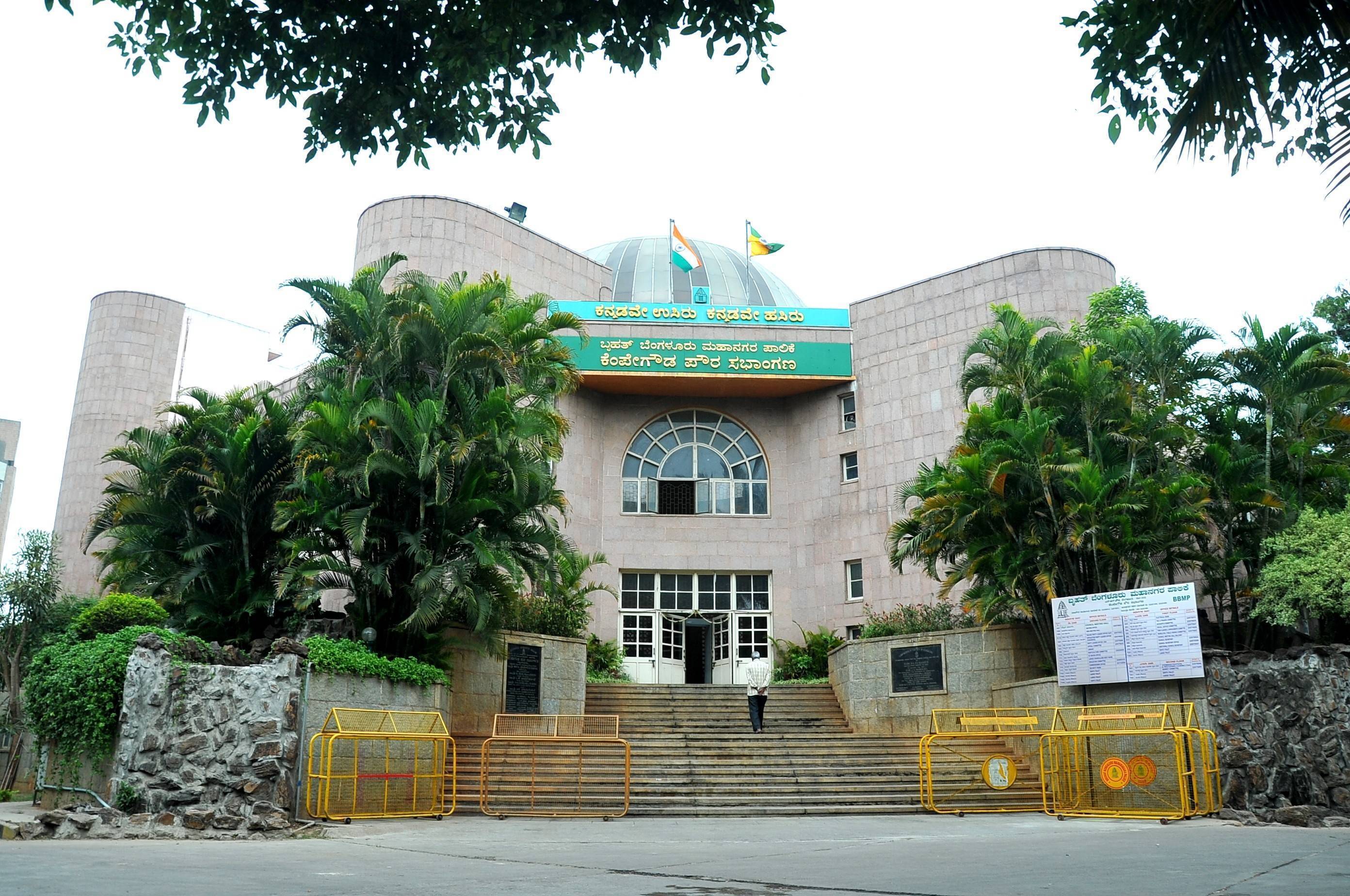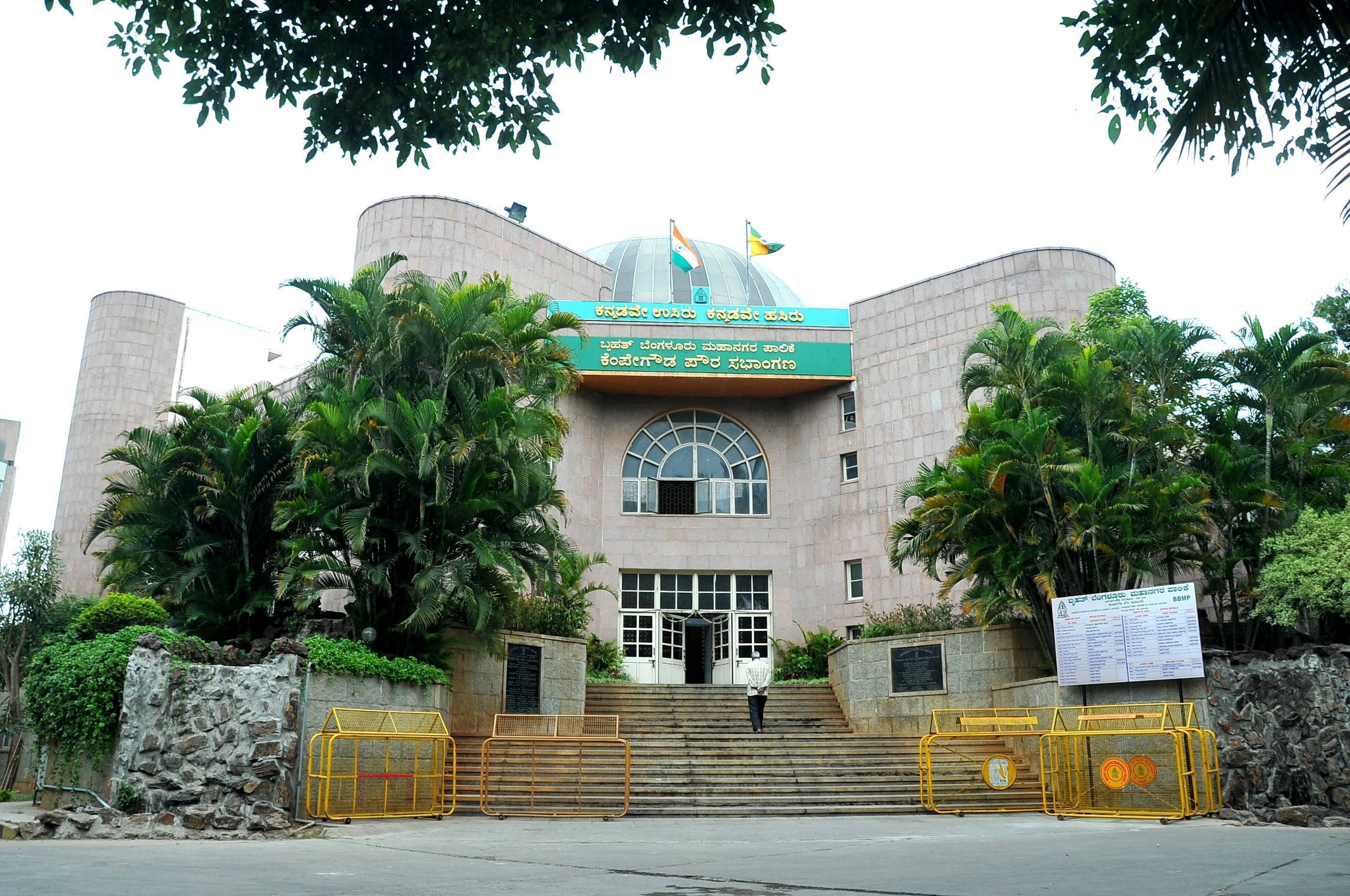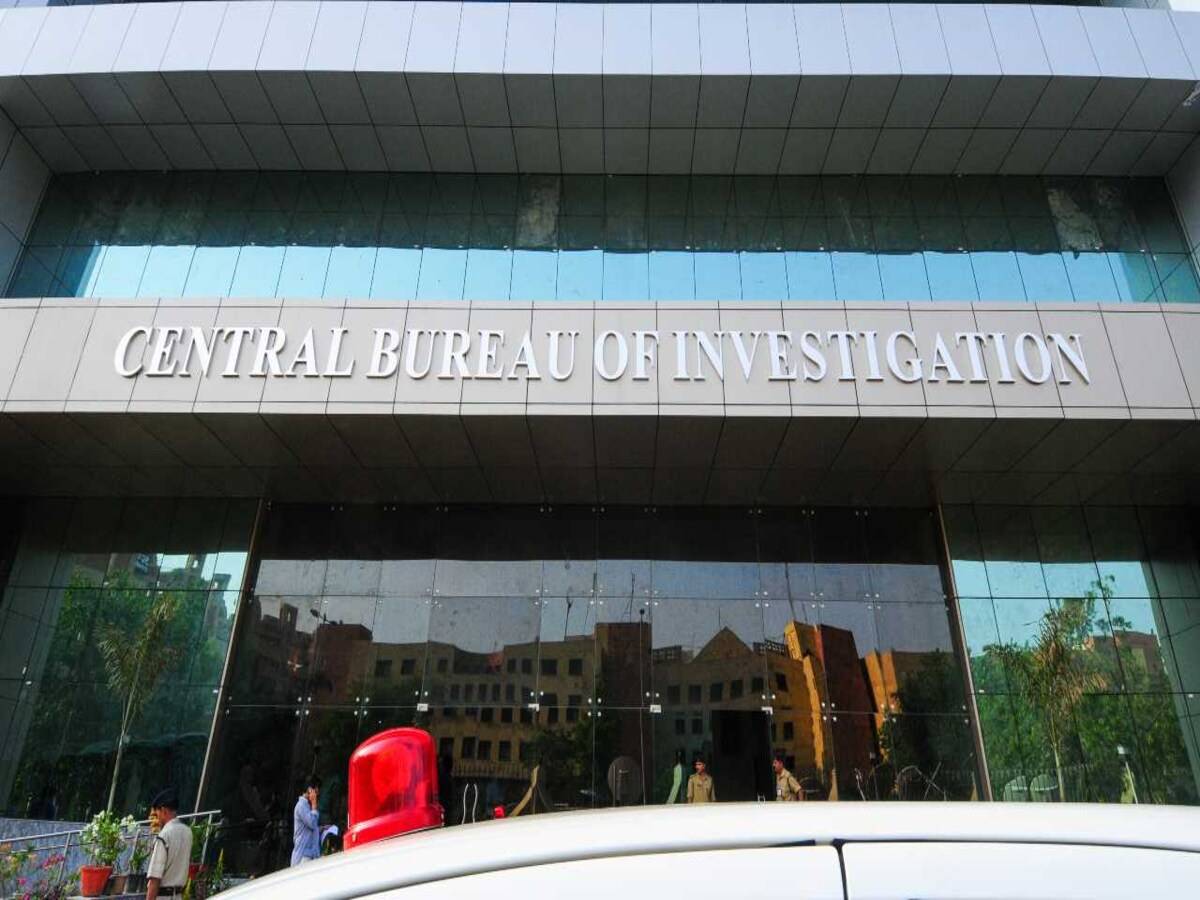A year after the Maharashtra cabinet announced the abolition of the colonial-era non-agricultural (NA) tax on urban residential properties, the absence of an official Government Resolution (GR) has left housing societies across the state confused and divided on how to proceed.
The cabinet had taken the decision in October 2024 to eliminate the NA tax, which historically applied to properties built on land originally classified as agricultural but situated within municipal or urban limits. The tax, which has roots in land use laws from the British colonial period, was considered redundant by many since property owners already pay municipal property tax and other civic levies.
Despite the cabinet’s decision, local revenue offices in several parts of Maharashtra have continued to issue NA tax notices. Societies in Mumbai, Pune, and other urban centres have reported receiving notices from talathi offices, instructing them to submit documents proving non-agricultural (NA) conversion or face recovery action.
Housing society members argue that in the absence of a formal GR implementing the cabinet's decision, local officials are following existing processes. “Our society received a notice from the talathi office asking for proof of NA conversion. When we pointed out that the NA tax had been abolished, officials said they had received no written directive to stop enforcement,” said a society secretary from Mumbai’s western suburbs.
Under current land revenue rules, any structure built on land not formally converted to non-agricultural use is liable to pay NA tax. The rates vary across districts and depend on factors such as land use, property size, and municipal jurisdiction. In urban areas, these charges can amount to tens of thousands of rupees annually for housing societies.
The October 2024 announcement was welcomed at the time, especially by older cooperative societies established on land that had not undergone formal NA conversion. Many of these societies had already paid hefty sums for such conversion years ago but continued to receive NA tax demands.
However, in the absence of a clear order or circular from the state revenue department, confusion persists. Some societies have withheld payments, anticipating that the tax demand will be withdrawn. Others, fearing penalties or legal notices, have continued to pay the levy.
Officials in the state revenue department have acknowledged the confusion and said a GR is expected to be issued soon. “The matter is under final review. A formal Government Resolution outlining the implementation steps, including the cut-off date and eligible categories, will be issued shortly,” a senior official said on condition of anonymity.
The issue has gained urgency with tax notices recently reaching societies in Mumbai suburbs like Kandivali, Andheri, Borivali, and Dahisar, as well as parts of Pune and Nashik. Resident associations have approached local legislators and municipal officials, urging them to seek immediate clarification from the state.
Housing federations in Maharashtra say over 1 lakh cooperative housing societies are potentially affected by the issue. “This affects not just large societies in Mumbai and Pune, but even smaller ones in towns like Thane, Nagpur, and Aurangabad. Most of these societies are on land that was converted to residential use years ago but still lacks updated records,” said an office bearer from a Pune-based housing society federation.
NA tax is distinct from property tax, which is paid to the municipal corporation and is based on the annual rateable value or capital value of a property. In contrast, NA tax is collected by the revenue department based on land use status in official records. Other taxes paid by housing societies include water tax, garbage cess, and infrastructure charges in some areas.
In the past, disputes over NA tax assessments have reached consumer forums and civil courts, especially where societies have claimed exemption or shown evidence of having paid conversion charges. The absence of digitised land records and discrepancies in revenue maps have further complicated the process.
With the state government yet to issue binding directions, legal experts caution that housing societies should act prudently. In the absence of a formal Government Resolution, tax officials remain legally empowered to issue non-agricultural tax notices under the existing framework. According to property law practitioners, societies may choose to respond with formal representations or continue payments under protest while pursuing appropriate legal remedies.
Meanwhile, the Maharashtra government faces increasing pressure to expedite the issuance of a formal resolution and provide clarity to affected housing societies. Unless addressed soon, the issue could escalate into wider legal disputes, burdening both residents and revenue authorities.
The matter is expected to be taken up in the upcoming assembly session, where opposition parties have already signalled their intention to raise the delay in implementation of cabinet decisions.









